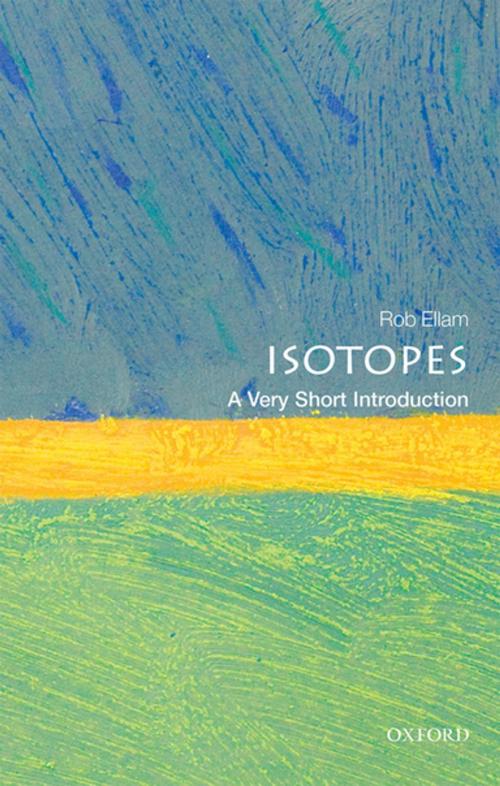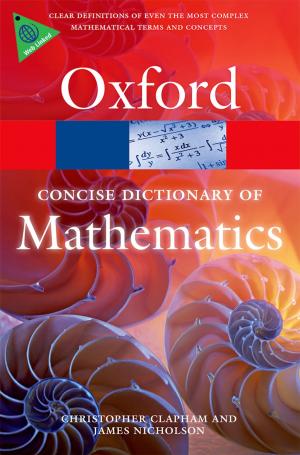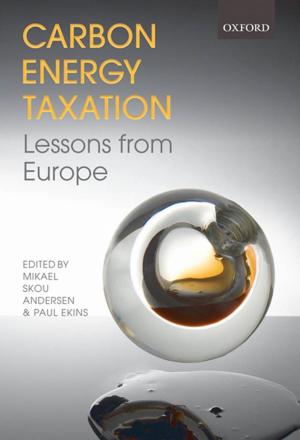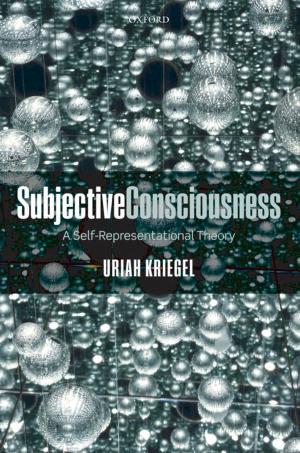Isotopes: A Very Short Introduction
Nonfiction, Science & Nature, Science, Chemistry, Physical & Theoretical, Earth Sciences| Author: | Rob Ellam | ISBN: | 9780191035500 |
| Publisher: | OUP Oxford | Publication: | May 12, 2016 |
| Imprint: | OUP Oxford | Language: | English |
| Author: | Rob Ellam |
| ISBN: | 9780191035500 |
| Publisher: | OUP Oxford |
| Publication: | May 12, 2016 |
| Imprint: | OUP Oxford |
| Language: | English |
An isotope is a variant form of a chemical element, containing a different number of neutrons in its nucleus. Most elements exist as several isotopes. Many are stable while others are radioactive, and some may only exist fleetingly before decaying into other elements. In this Very Short Introduction, Rob Ellam explains how isotopes have proved enormously important across all the sciences and in archaeology. Radioactive isotopes may be familiar from their use in nuclear weapons, nuclear power, and in medicine, as well as in carbon dating. They have been central to establishing the age of the Earth and the origins of the solar system. Combining previous and new research, Ellam provides an overview of the nature of stable and radioactive isotopes, and considers their wide range of modern applications. ABOUT THE SERIES: The Very Short Introductions series from Oxford University Press contains hundreds of titles in almost every subject area. These pocket-sized books are the perfect way to get ahead in a new subject quickly. Our expert authors combine facts, analysis, perspective, new ideas, and enthusiasm to make interesting and challenging topics highly readable.
An isotope is a variant form of a chemical element, containing a different number of neutrons in its nucleus. Most elements exist as several isotopes. Many are stable while others are radioactive, and some may only exist fleetingly before decaying into other elements. In this Very Short Introduction, Rob Ellam explains how isotopes have proved enormously important across all the sciences and in archaeology. Radioactive isotopes may be familiar from their use in nuclear weapons, nuclear power, and in medicine, as well as in carbon dating. They have been central to establishing the age of the Earth and the origins of the solar system. Combining previous and new research, Ellam provides an overview of the nature of stable and radioactive isotopes, and considers their wide range of modern applications. ABOUT THE SERIES: The Very Short Introductions series from Oxford University Press contains hundreds of titles in almost every subject area. These pocket-sized books are the perfect way to get ahead in a new subject quickly. Our expert authors combine facts, analysis, perspective, new ideas, and enthusiasm to make interesting and challenging topics highly readable.















